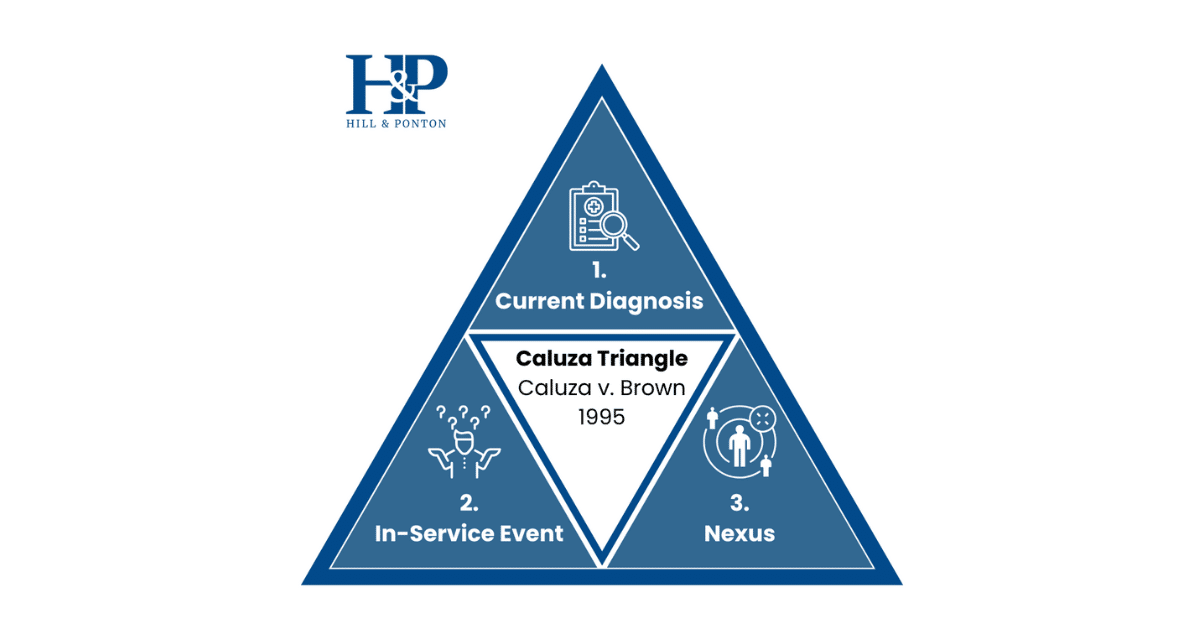The world of sound is rich and profound. However, for individuals and veterans with hearing impairments, this auditory universe may seem distant or inaccessible.
Assistive technologies, such as hearing aids and cochlear implants, have proven to be instrumental in bridging this gap.
These devices, designed specifically to enhance auditory perception, can drastically improve the quality of life for veterans living with disabilities.
Understanding Hearing Aids
Definition and Functionality
Hearing aids are small electronic devices worn in or behind the ear, amplifying sound vibrations entering the ear.
They are tailored to the needs of individuals with mild to moderate hearing loss.
There are various types available, including behind-the-ear (BTE), in-the-ear (ITE), and in-the-canal (ITC) models, each designed to accommodate varying degrees of hearing impairment and personal comfort.
Benefits of Hearing Aids for Veterans
For veterans, hearing aids can be a real game-changer.
These devices not only amplify sound but also enrich communication, fostering more meaningful social interactions.
With improved hearing, veterans can more readily participate in day-to-day activities, enhancing their overall well-being and possibly even broadening their employment opportunities.
Considerations When Choosing Hearing Aids
When it comes to selecting the right hearing aids, several factors come into play.
Style, features, and compatibility with other devices are all essential considerations.
Professional evaluation and fitting are also critical to ensure optimal performance of these assistive devices.
Financial assistance or insurance coverage, such as through Veterans Affairs (VA), can also be instrumental in making hearing aids more accessible for veterans.
Exploring Cochlear Implants
Definition and Functionality
Cochlear implants, unlike traditional hearing aids, don’t amplify sound.
Instead, they bypass damaged parts of the ear and directly stimulate the auditory nerve.
They are typically recommended for individuals with severe to profound hearing loss who do not benefit from hearing aids.
Benefits of Cochlear Implants for Veterans
Cochlear implants can offer veterans a new realm of auditory experience.
They can greatly improve speech perception and sound localization, opening up new opportunities for veterans to connect with their surroundings and loved ones.
Considerations When Considering Cochlear Implants
The path to receiving a cochlear implant involves a comprehensive evaluation process to ascertain candidacy.
Potential risks and limitations should also be discussed with healthcare providers.
After implantation, ongoing care and maintenance, including post-implantation rehabilitation, are crucial to maximize the benefits of this technology.
Accessing Hearing Aids and Cochlear Implants for Veterans
Support and Resources for Veterans
A variety of support networks, organizations, and government programs are available to help veterans access these assistive technologies.
These include Veterans Affairs (VA) benefits and other forms of insurance coverage, which may assist in making hearing aids and cochlear implants more financially accessible.
Seeking Professional Help
Consulting with an audiologist or a hearing healthcare professional is an essential step for veterans considering hearing aids or cochlear implants.
Comprehensive evaluations can help determine the most suitable assistive technology, and ongoing rehabilitation services ensure optimal usage and care of these devices.
Hearing aids and cochlear implants are transformative tools that can significantly improve the lives of veterans with disabilities.
Professional advice and support from available resources are crucial for accessing and benefiting from these technologies.
If you’re a veteran experiencing hearing loss, consider exploring these remarkable assistive technologies, as they can open up a world of improved communication and enhanced overall well-being.




